Qualifications, experience, practical training — these are vital elements that each member of your workplace needs to flourish. But what about personal qualities? To be the best they can be and make your business the best it can be, these ‘soft skills’ are essential.
The importance of soft skills are crucial to understand. Combining emotional intelligence, personal attributes like patience and responsibility, as well as communication and social skills, soft skills can equip your employees to thrive. While these skills are not taught explicitly, the right approach to developing and strengthening soft skills can help individuals to work more effectively with others and maximise their standard of work.
A focus on soft skills training
There are many sectors and careers that are enhanced by a focus on soft skills. Those with the ability to listen, communicate effectively, show empathy and exercise patience are better equipped to work within regulations, support clients and produce high quality results in the workplace.
Soft skills that are highly valuable across a range of sectors include:
Leadership
When leaderships skills are noticed it can be a clear sign that a candidate might be suitable to progress in your business. In the shorter term though employees with leadership skills benefit your workplace with their can-do attitude and commitment to moving forward.
Teamwork
Collaboration is key for many workplaces to shine. With managers and employees who are able to work well in teams your business is both harmonious and productive.
Flexibility
If the pandemic of 2020 has required anything, it’s flexibility. The ability to respond and adapt to a situation and continue to do your job to the best of your ability is highly valuable for an employee in any sector.
Emotional intelligence
Emotional intelligence is a broad term comprising self-regulation, self-awareness, motivation, social skills and empathy. These areas all contribute greatly to employability as well as ability to succeed in (and out) of the workplace. Emotional intelligence impacts relationships with others and making the right behavioural choices in a range of contexts.
Communication
Whether communicating with customers, colleagues, clients or stakeholders, having individuals with well-developed communication skills can be a great asset. This soft skill doesn’t just mean developing your own speaking and writing skills, but also comprehension of others through effective reading and listening.
It’s clear that each of these soft skills in the workplace can contribute to raising the standard of your business across every sector from aged care to early childhood education, hospitality, sales and more.
A human-centred approach to education
Our team here at Catalyst Education value the importance of soft skills in our own workplace and in our training we deliver which is why we take a human-centred approach to education and business development.
As the name suggests, this approach focuses on the human element of education — that is, our learners’ and employees’ wellbeing and curiosity in relation to their studies and work. Bringing together knowledge and hands-on skills with this attention to soft skills has improved and empowered our workplace dramatically from executives to trainers, marketing to sales and everyone in between.

Soft skills training for better outcomes
Prioritising soft skills alongside the formal qualifications and experience required to thrive in the workplace can help you make better choices in the recruitment process and nurture a business where everyone is committed to success.
We are committed to helping our learners to strengthen their soft skills throughout their study journey as well as approaching their careers with empathy, creativity, leadership and care. Developing crucial soft skills within our courses helps to create highly effective professionals who are equipped to be the highest quality employees in their chosen sectors.
Incorporating and developing your own unique personal qualities, perspectives and understanding of the world into your own learning and position can ensure you too reach your full potential while bringing out the best in each of your employees.
To learn more about our focus on human-centred learning, get in touch.
Go back to News
